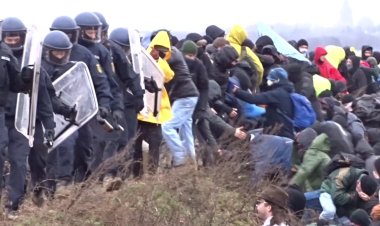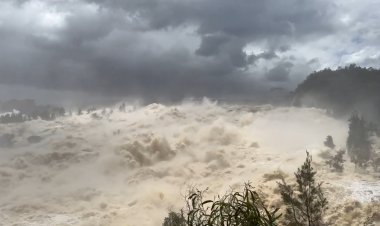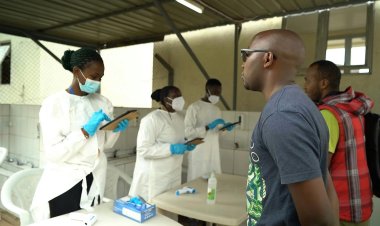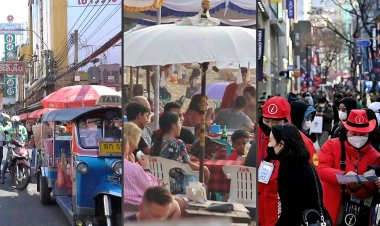Lebanon MPs meet to elect new president amid economic crisis

The Lebanese parliament met to elect a new president, with no consensus on a successor to outgoing head of state Michel Aoun despite an unprecedented financial crisis.
Deep divisions among MPs have raised fears Lebanon could be left without a president for months after Aoun's mandate runs out at the end of October, further undermining creditor confidence.
The incumbent's own election in 2016 came after a 29-month vacancy at the presidential palace as lawmakers made 45 failed attempts to reach consensus on a candidate.
Under Lebanon's long standing confessional power-sharing system, the presidency is reserved for a Maronite Christian.
No candidate has emerged as a front-runner but among the hopefuls are Aoun's own son-in-law Gebran Bassil, a former foreign minister who is under US sanctions, and veteran politician Sleiman Frangieh.
Ahead of session, it was not even certain enough MPs would turn up to allow a vote to go ahead but in the event quorum was achieved with 104 members of the 128-seat parliament attending.
In the first round of voting, a two-thirds majority of 86 votes is required for a candidate to win, an unlikely feat in a divided legislature.
If the election goes to a second round, the required majority falls to 65, but few expect that margin to be achieved either, fanning fears for the economy.
The Lebanese pound has lost more than 95 percent of its value on the black market since 2019 in a financial meltdown branded by the World Bank as one of the worst in modern times.












